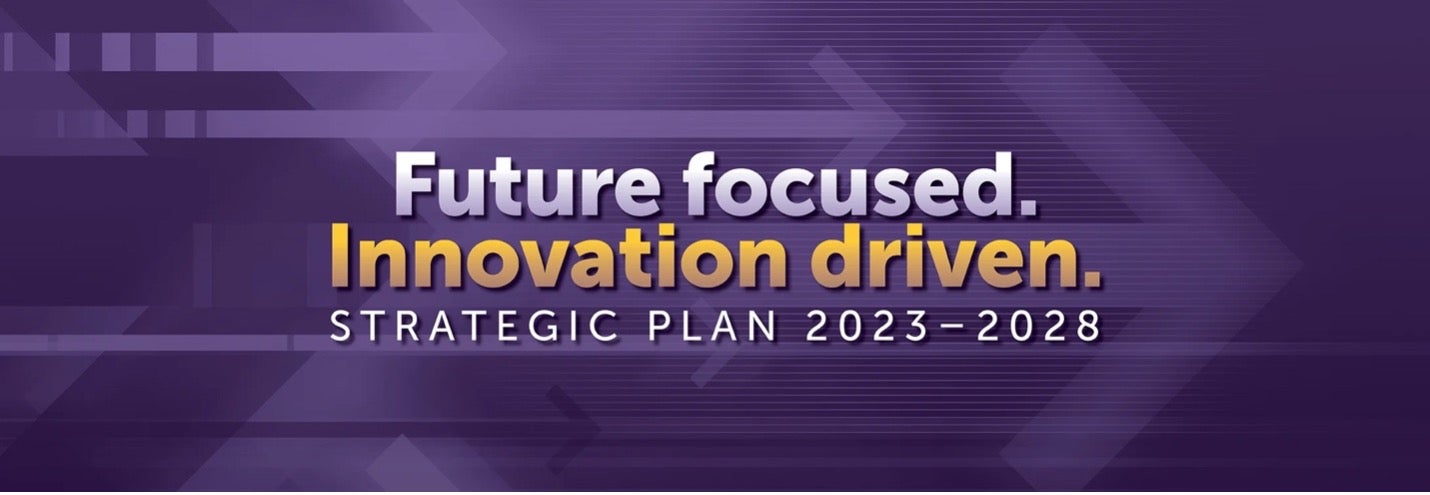ECU Strategic Plan
Harriot College is committed to crafting and achieving strategies in support of ECU’s strategic plan: Future focused. Innovation Driven. We are proud to present the following strategies aligned with the university mission priorities of Student Success, Public Service and Regional Transformation, and vision priorities of Social and Economic Mobility, Workforce Success and Rural Health and Well-Being. These efforts sustain our college’s mission and vision, which embrace the transformative power of the arts and sciences.
M1.1.1. Strengthen and expand curricular and co-curricular high-impact practices (HIP) that enhance student retention and graduation rates.
This strategy will enhance student engagement, retention, and graduation rates by ensuring that all students benefit from these transformative experiences.
M1.2.1. Develop a college-specific inventory of HIPs inclusive of activities not captured in current institutional inventories and increase the availability of these activities.
This strategy ensures that we capture activities beyond institutional inventories. This comprehensive approach allows us to tailor HIPs to our students’ needs and enhance their availability and visibility, promoting students’ success.
M2.2.1. Strengthen and deepen support available to faculty to secure external sponsorship for community engagement activities.
This strategy aims to strengthen our ties with local organizations. These partnerships provide real-world learning opportunities for students, aligning with ECU’s commitment to regional impact. By engaging with community stakeholders, we enhance student learning and contribute to community well-being.
M3.1.1. Strengthen and expand curricular HIPs that enhance student career readiness.
This strategy aims to prepare students for professional success. As students transition to the workforce, they become valuable contributors to regional development.
M3.1.2. Strengthen and expand co-curricular HIPs that enhance student career readiness.
This strategy aims to prepare students for professional success, expanding on the impact generated by HIPs through internships, industry collaborations, etc. that enhance students’ skills and employability.
M3.3.2. Increase the number of online undergraduate degree offerings aligned with employer demand.
This strategy aims to expand access to higher education to a broad range of learners.
V1.1.1. Strengthen and further develop recruitment strategies which address the needs of all prospective students.
This strategy aims to attract a broad range of learners, which will create a vibrant academic community that reflects our commitment to excellence.
V1.2.1. Increase the number and quality of online course and program offerings.
This strategy aims to expand access for both traditional and non-traditional students. These courses align with employer demands, enhancing career prospects.
V2.2.1. Strengthen and further develop marketing and communication materials, using inclusive best practices, related to the college’s people and programs.
This strategy aims to highlight a variety of voices and achievements, attract prospective students from different backgrounds, and foster a sense of belonging.
V2.2.1. Commit to continuous improvement in assessing classification and compensation of SHRA and EHRA NF employees.
This strategy aims to recruit and retain SHRA and EHRA NF employees through optimization of career ladders and professional development and advancement.
V3.1.1. Establish a comprehensive partnership with rural institutions and organizations to foster academic advancement, practical experience, and sustainable management of rural areas.
This strategy aims to contribute to sustainable rural development.
V3.2.1. Enhance the support, promotion and advocacy of the Psychological Assessment and Specialty Services (PASS) Clinic.
This strategy aims to address critical mental health needs regionally.
